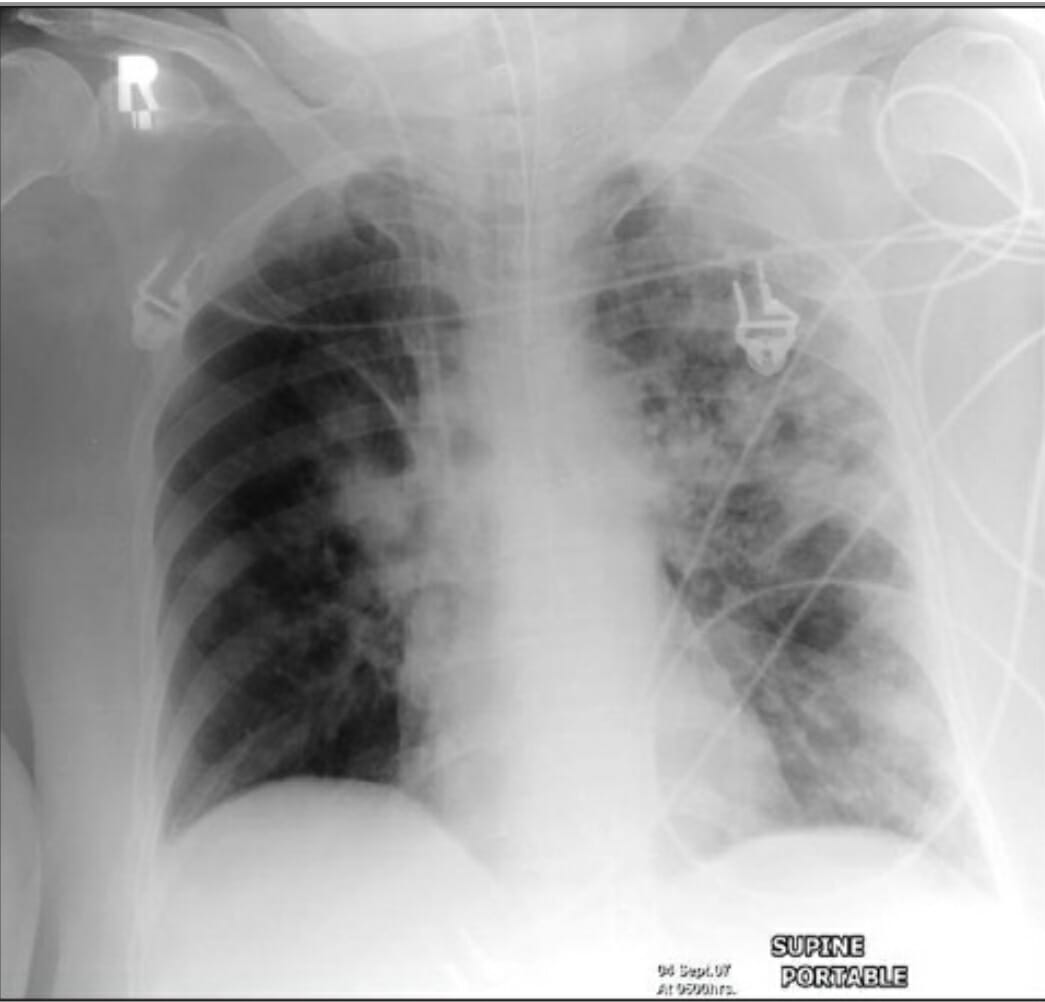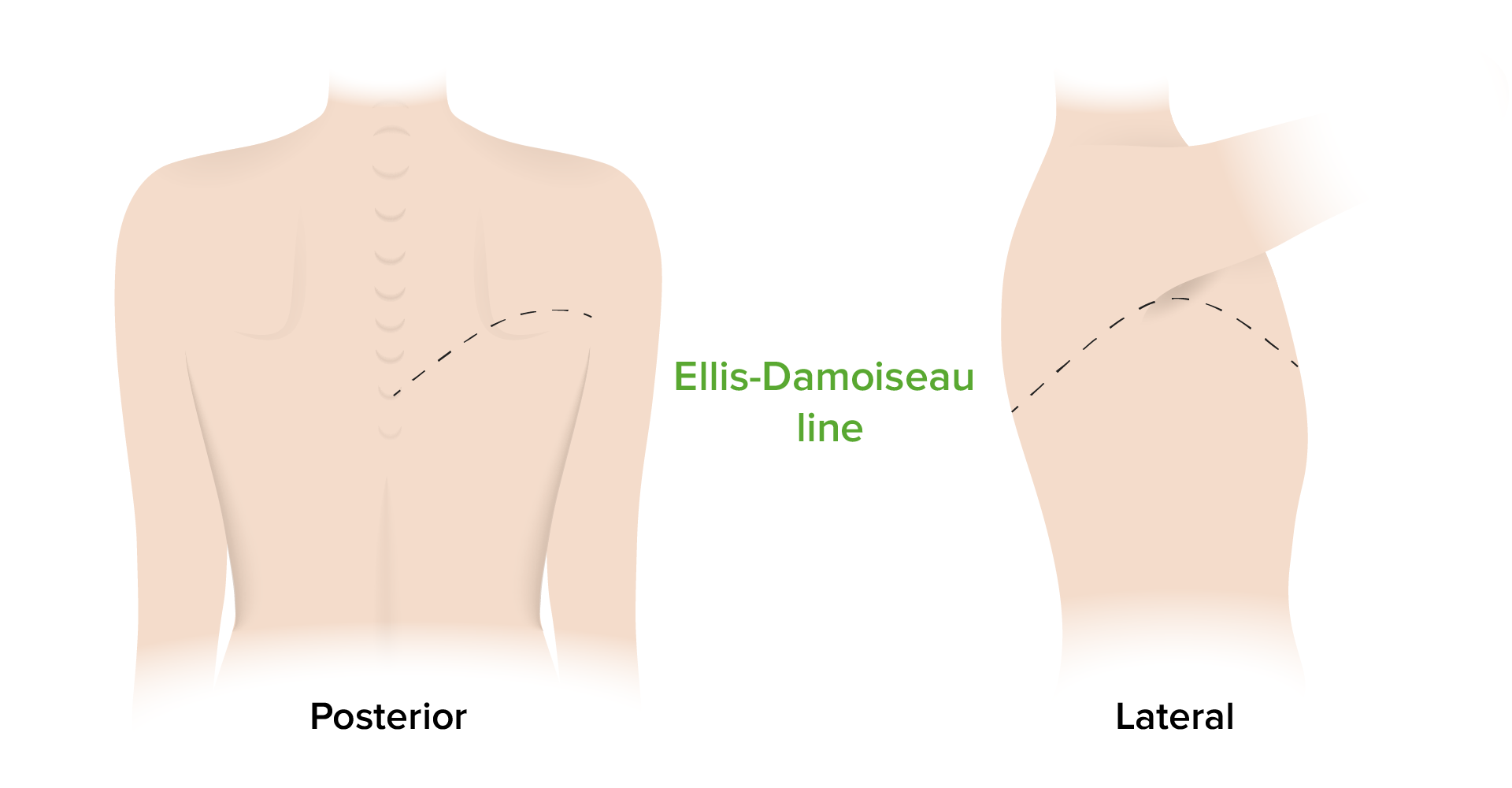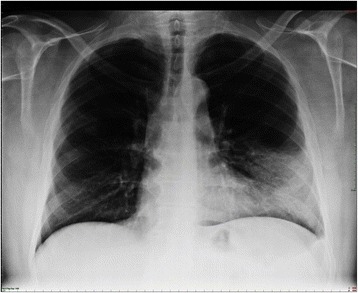Playlist
Show Playlist
Hide Playlist
Pleural Thickening
-
Slides 09 PleuralDiseases RespiratoryAdvanced.pdf
-
Download Lecture Overview
00:00 So, the last subject is pleural thickening. 00:04 Now this is what happens when you’ve had problems with the pleura and the main problems that cause pleural thickening long-term is previous pleural infection including tuberculosis and bacterial infections, previous blood in the pleural space such as a hemothorax after trauma. And what happens in these situations that the fluid that is present during the acute event resolves, but the pleura has been scarred by the process. Therefore, you're left with a range of thickening around the pleura, which makes the lung much less able to expand and causes restrictive defects in the lung function. 00:46 This doesn’t require treatment. It requires prevention by drainage in the first place, because once you’ve developed pleural thickening, the only treatment that can be used is surgery. 00:54 And that is quite an invasive and difficult task to remove all these pleural thickening safely. The consequences of pleural thickening well, not much apart from the fact that the patient has lost their lung function. They have more restrictive lung function, and as a consequence, they’ll be able to do less exercise and they will prior to the problem that caused it in the first place.
About the Lecture
The lecture Pleural Thickening by Jeremy Brown, PhD, MRCP(UK), MBBS is from the course Pleural Disease.
Included Quiz Questions
Which condition is LEAST likely to cause diffuse pleural thickening?
- Asthma
- Hemothorax
- Empyema
- Complications from tuberculosis
- Benign asbestos-related pleural effusion
Customer reviews
5,0 of 5 stars
| 5 Stars |
|
5 |
| 4 Stars |
|
0 |
| 3 Stars |
|
0 |
| 2 Stars |
|
0 |
| 1 Star |
|
0 |






